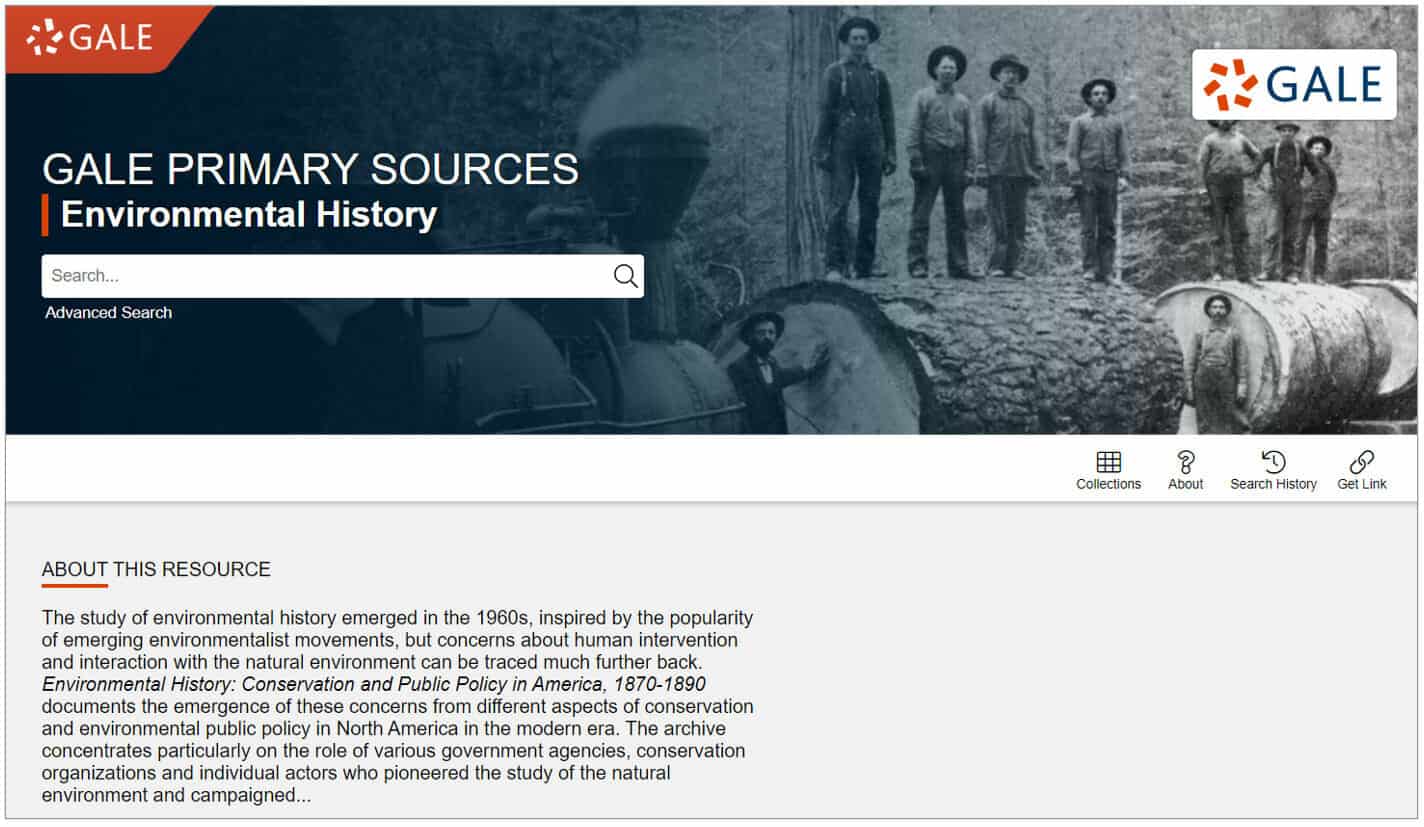│By Clem Delany, Acquisitions Editor, Gale Primary Sources│
On sitting down to write a brief explanation of what environmental history is, I have spent the last twenty minutes staring into space thinking about Pando. Pando is, as I’m sure the sophisticated and well-travelled audience of this blog will know, the largest and heaviest living organism on earth. Pando covers 100 acres and is around 10,000 years old. That means that when Pando first began its long, slow life, there were woolly mammoth and sabre-toothed cats still living, although increasingly finding their parties a little light on company.
Pando is a tree. It is a quaking aspen in Utah; in appearance it is over 45,000 individual quaking aspens, but below ground it has a single root system. Each ‘tree’ is a clone of its neighbours, a stem of one single organism. And it is on my mind because I am trying to think of a pithy way to describe environmental history, an area of study where many different disciplines and topics meet, connected at their roots as different expressions of one phenomenon: human interaction with the natural world.


